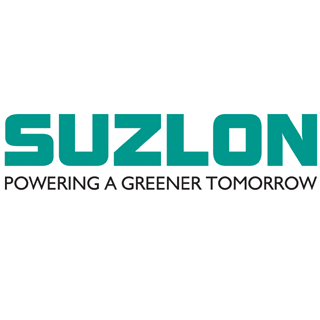
Suzlon case study (GE McKinsey matrix)
Suzlon (GE McKinsey matrix) Try it! Suzlon is a global player in the wind turbine industry. Suzlon must determine how its offerings compare to its
Accessibility Tools
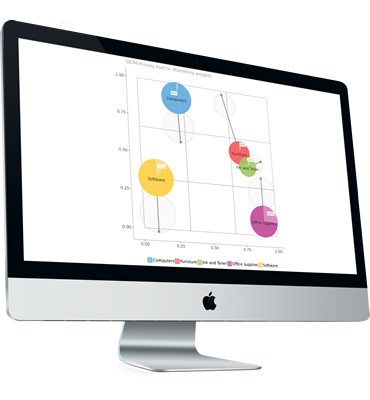
The GE McKinsey matrix helps managers compare options (e.g., products, initiatives, divisions, segments) on a two-dimensional map, with multiple factors underlying each dimension. Historically, managers used industry attractiveness and business strength to rate company divisions, but the model can be used in a variety of contexts.
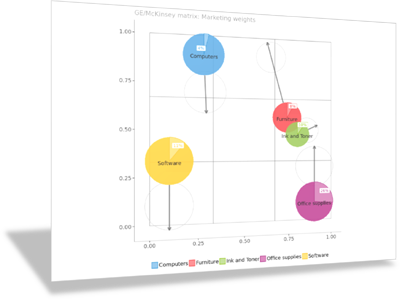
The GE McKinsey matrix can not only map objects (e.g., products, segments or divisions) in a static map, but may also display dynamic ratings if available. That allows you to display historic trends, managerial objectives or projections in a single map.
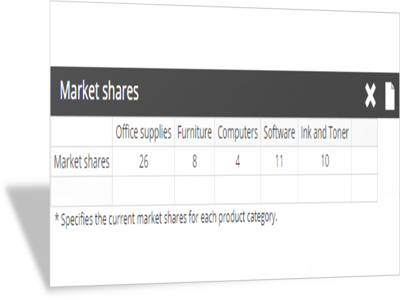
If market shares (or share-of-wallet data) are available, they can be displayed directly in the GE McKinsey matrix.
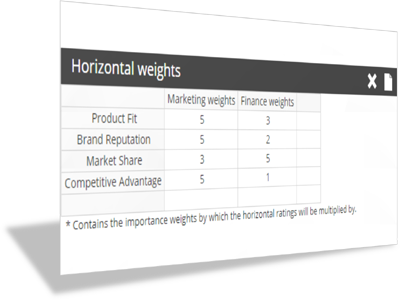
Each axis of a GE McKinsey matrix is a combination of multiple underlying factors, each with its own subjective importance. These importance weights can easily be manipulated in Enginius to generate multiple matrices from the same data, for instance by specifying short-term vs. long-term importance of each factor, or by mapping the assessment from the marketing department vs. the one from the sales organization.

Suzlon (GE McKinsey matrix) Try it! Suzlon is a global player in the wind turbine industry. Suzlon must determine how its offerings compare to its
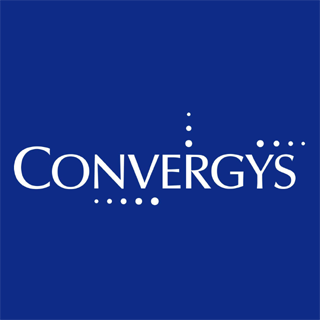
Convergys (GE McKinsey matrix) Try it! Headquartered in Cincinnati, OH, Convergys is one of the world’s leadin providers of contract-based business process outsourcing services such
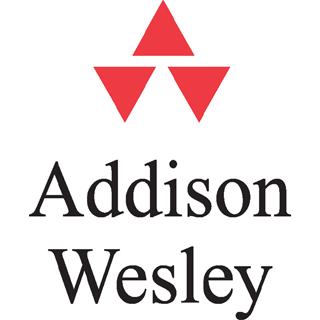
Addison Wesley Longman (GE McKinsey) Try it! Publisher Addison Wesley Longman (AWL) is trying to determine how to prioritize promotional resources for three new textbooks.

© DecisionPro, Inc. 2015-2024. All rights reserved. Enginius ® is a registered trademark of DecisionPro Inc.